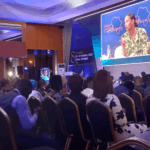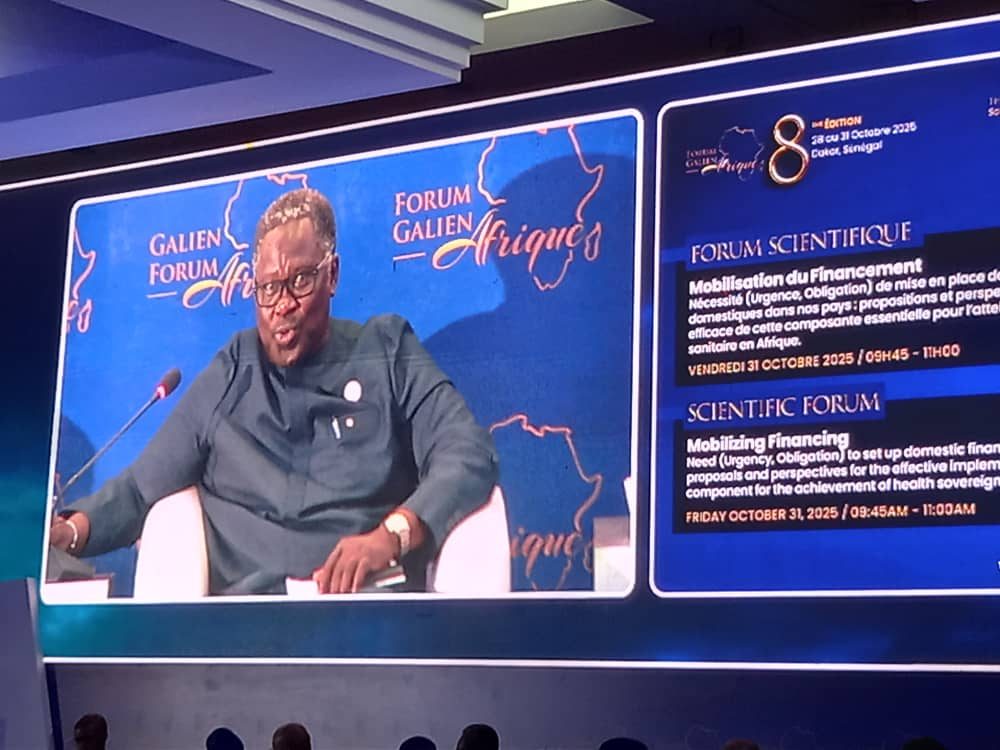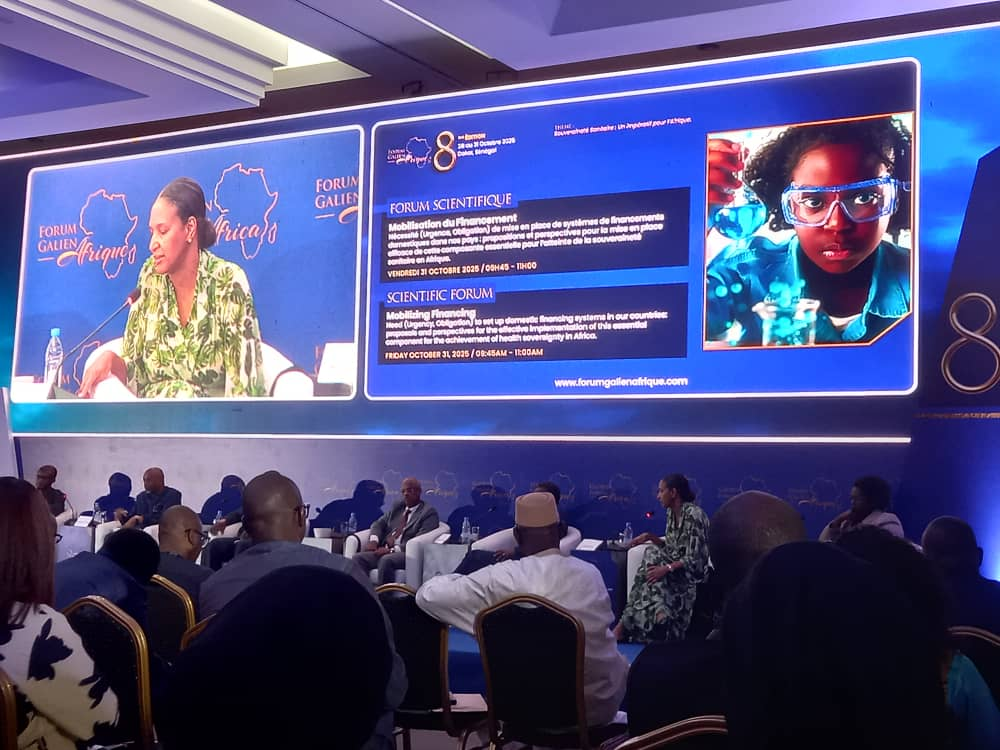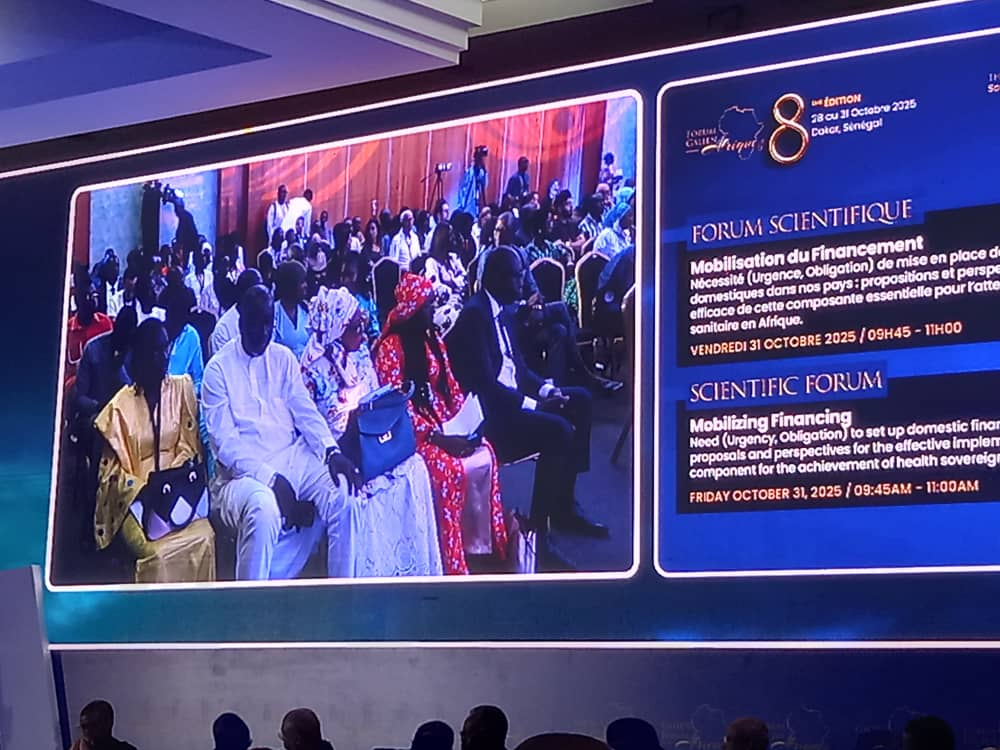
The fourth day of the ongoing Galien Africa Forum in Dakar is focusing on one of the most pressing questions in Africa’s health agenda – how to mobilise domestic financing to achieve health sovereignty on the continent.
Under the theme “Mobilising Financing to Establish Domestic Health Systems: Proposals and Perspectives for Achieving Health Sovereignty in Africa,” panelists from across the region shared country experiences, challenges, and strategies to reduce dependency on external aid.
Djibouti’s Experience
Health Minister for Djibouti, Dr. Ahmed Robleh Abdilleh, shared his country’s experience focusing on “Financing Health through Local Commitment”.
Excited about his country’s decade-long progress in strengthening its health system, he noted that 7% of Djibouti’s national budget is dedicated to health, complemented by a national health insurance scheme and a range of reforms aimed at achieving universal coverage.

“Djibouti faces unique challenges – we are a transit country with refugee influxes and rising drug costs. But we have learned to depend on ourselves,” he said. “Our Zakat system, which allows Muslims to contribute a yearly tax, has been instrumental in sustaining our local health system. Strong commitment, strong reforms, and targeted taxes are essential to achieving true health independence.”
Civil Society: The Watchdog and Co-Creator
Madam Yacine Djibo, CEO of SpeakUp Africa, enunciated the indispensable role of civil society in ensuring both transparency and accountability in health financing. “Civil society is not only a watchdog; it must also be a co-creation partner in mobilising local funds,” she said.
She cited Benin’s model, where public-private partnerships have been used to raise funds for tackling basic diseases. “Private sector engagement is critical, it’s how we build resilience in our health systems,” she added.
The Gates Foundation’s Perspective: Efficiency and Data-Driven Decisions
Mrs. Cynthia Mwase, Director of Health for Africa at Gates Foundation, revealed that across the continent, domestic health funds are underspent by about 17%. The Foundation, she explained, is helping governments identify how to make the most of available resources.

“We’re supporting countries to extract and use data effectively, ensuring that delivery units spend funds where they’re most needed,” she said.
“We also focus on procurement – the two biggest cost drivers are personnel and commodities. We must track where countries source medical products to ensure quality.
Cynthia commended Niger for making the most efficient use of its available health budget, calling it an example of strategic spending. “The strategies you choose in maximizing money are the choices you make,” she noted. “Be bold to monetize your health assets.”

The Call to Action
The discussion ended with a firm call for African nations to build self-reliant health financing systems, anchored in local innovation, community participation, and accountability. As delegates agreed, sustainable health sovereignty will only be achieved when Africa’s health systems are funded, owned, and managed by Africans themselves.